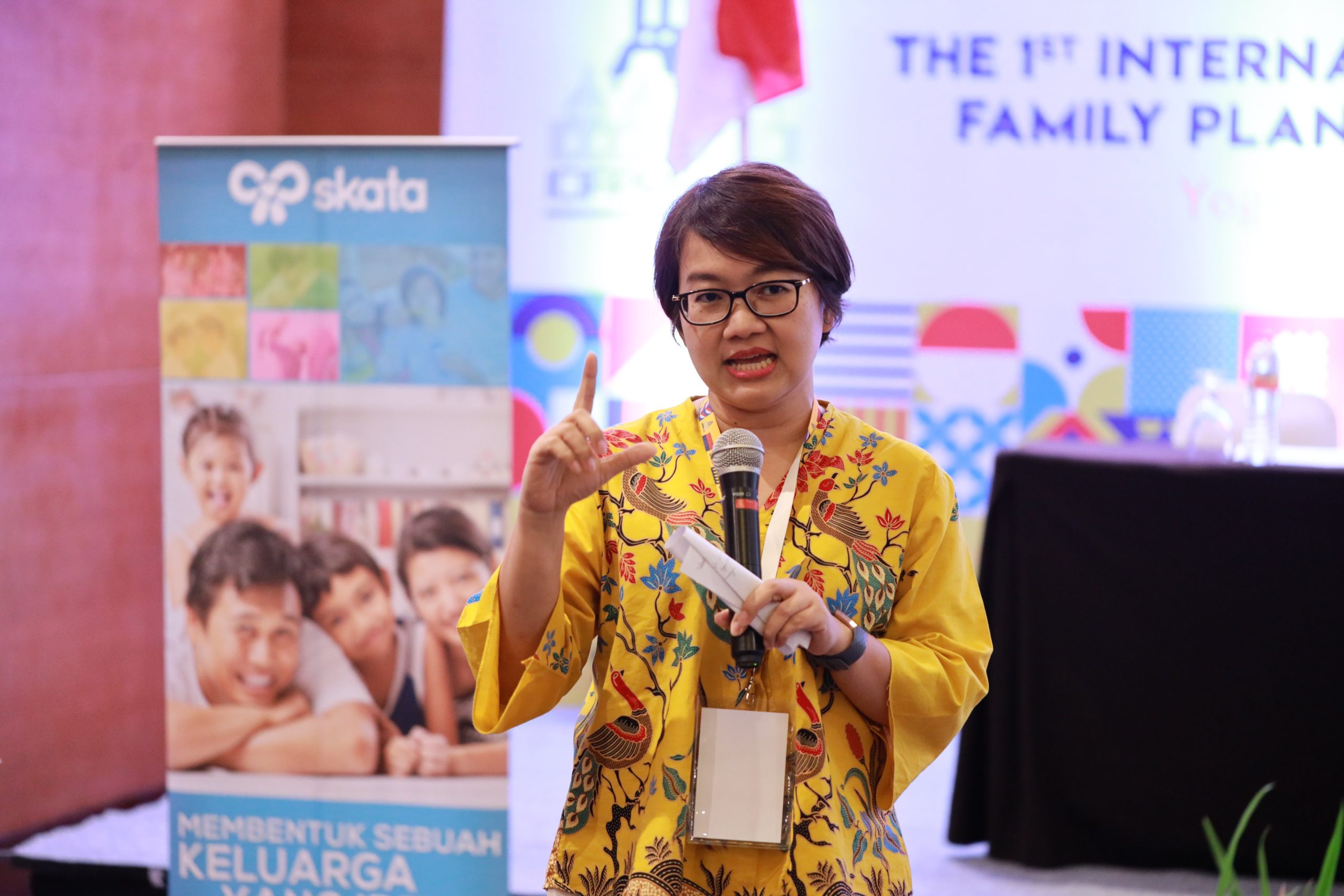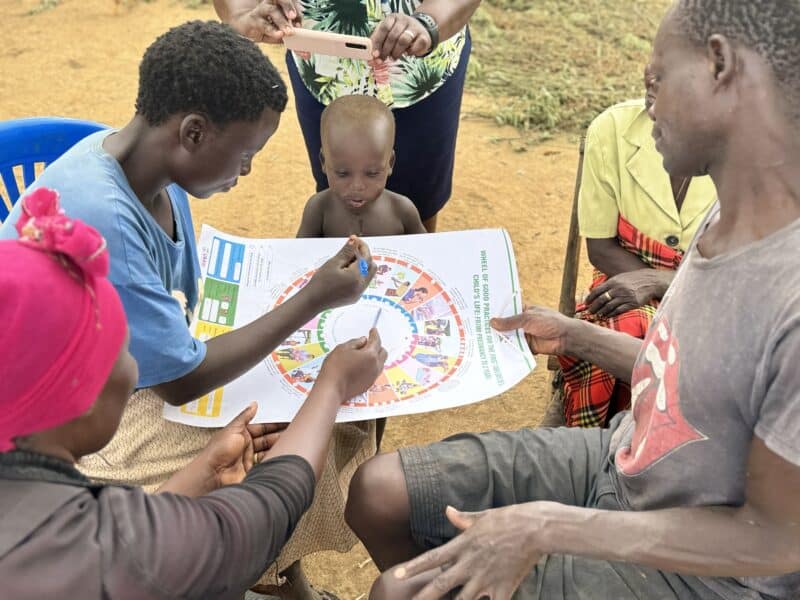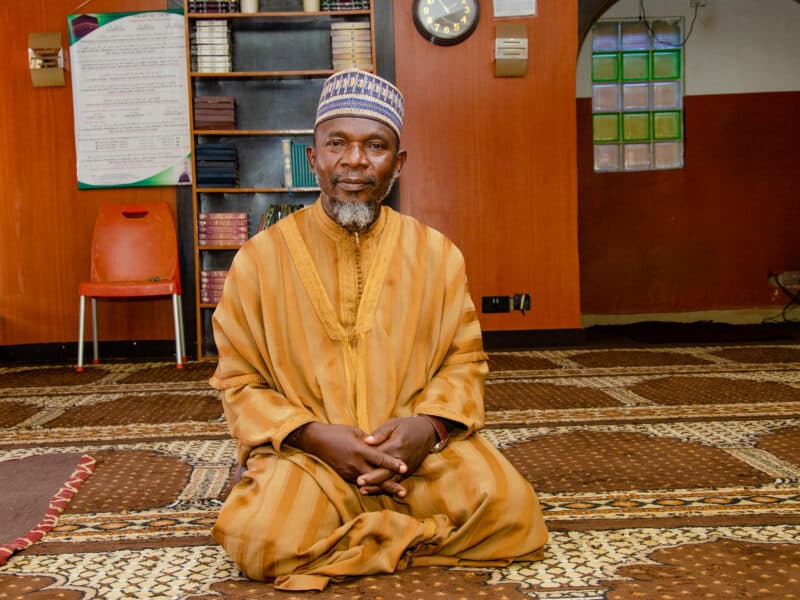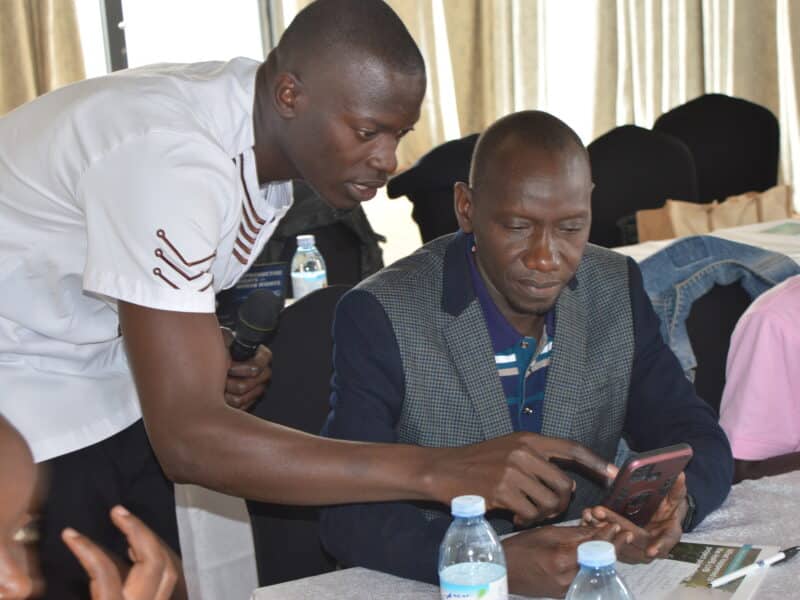Young people in Indonesia are hungry to learn about reproductive health and sex education. Sometimes they look it up on the Internet, but don’t always know which websites to trust for the truth. Sometimes they talk to their friends, who are teens themselves and aren’t always educated sources of good information.
Who would they prefer to talk to? According to the teens: Their parents, primarily their mothers.
The finding comes from researchers with the Johns Hopkins Center for Communication Programs’ MyChoice project, funded by the Bill & Melinda Gates Foundation, who last year conducted a reproductive health and sex education assessment of youth in Indonesia.
The problem is that in Indonesia it can still be taboo to talk about these issues with unmarried people, even your own children. They find it really awkward to have conversations about sensitive topics such as sex and contraception. It’s certainly not something their parents discussed with them. Besides, many parents lack the answers their teens seek.
MyChoice’s solution: 1001 Ways to Talk to Your Teen, or 1001 Cara Bicara in Bahasa Indonesia, a local language.
“Youth told us: If only we could talk to our parents about this, that would be ideal,” says CCP’s Dinar Pandan Sari, who is leading the effort. “But parents don’t always feel comfortable talking about sexual and reproductive health. They are far more comfortable leaving it to the school. But as we all know, the curricula are basically talking about biology – not the kind of information or role modeling teenagers need.”
1001 Ways not only provides scientifically factual information about teens’ health, but is also specifically designed to help parents communicate effectively with their teens.
The campaign will be available on MyChoice’s existing Skata mobile app and website, which has had more than two million visitors. It will feature videos that give advice on topics including how to speak to your children when they break their curfew or when they want to start dating. It will also include an e-book and various other products like journals and flashcards. All materials will be accessible online.
The book makes international technical guidelines on sexual and reproductive health accessible to parents and touches on various issues, ranging from daily routines to gadget habits, while the cards aim to stimulate discussions on various issues between parents and children. The journals are for the parents to write down their own experiences when they were young – like when the mother first met the father or the first time they skipped school.
These materials are intended to bring parents and teens closer so they can better understand one another and better talk to one another on a deeper level.
“Teenagers want to talk about these issues, but they’re afraid of being judged or punished by their parents,” Dinar says. “The idea is to build trust and make parents more relaxed and more confident – and give them good information to share with their children.”
Dinar says the hope is that parents will not only become better communicators about sexual and reproductive health, but in all types of parenting situations, such as what to do when their children hang out with the wrong crowd or hide their bad grades.
The content was developed with an assist from parents of teenagers, some of whom attended sessions in their communities last year and shared their specific needs with facilitators.
The 1001 Ways program will also be used by the nation’s 15,000 government field officers whose job is to assist families at the grassroots level, Dinar says.





